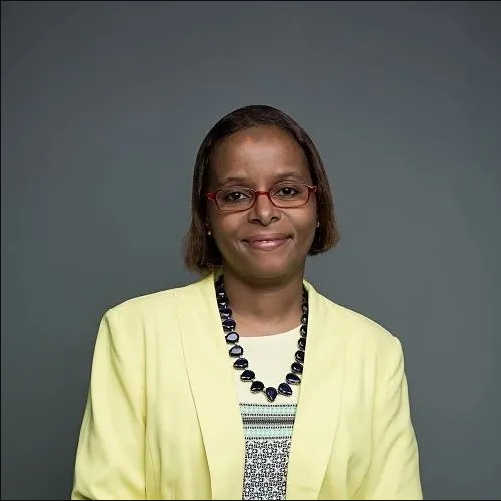French is one of the most spoken languages around the world, trailing only Spanish, Chinese, and of course, English. According to a study by Rutgers University, over 275 million people around the world speak French. It is an official language in 25 countries, and the only language apart from English that is spoken on all seven continents.
With its popularity and international significance, it’s no surprise that French is a second language course in many schools around the world, especially in an international city like Beijing. One such school in the city is the Canadian International School of Beijing (CISB). Although English is the main language of instruction, CISB has always encouraged learning the French language for its students, unsurprising considering that French is one of Canada’s official languages. All students can take French as an elective class from the ninth grade, and the language is widely used in the school’s extracurricular activities and projects.
To find out more about learning French in an international school environment like CISB and the importance of the language in intergovernmental organizations, we talked to Leila Rabord, wh has been CISB’s French teacher for the past three years. She’s been an IB French teacher for 10 years and hails from France’s capital city, Paris.

Leila Rabord
“For international students, the biggest difficulty in learning French is often the verb conjugations and pronunciations,” Rabord says. “To guide students through these difficulties, I only let the students learn a few new conjugations at a time, and encourage them to practice the verb conjugations they already know on a regular basis. This way, it allows them [to]solidify the basics and continually enhance their memory. The best way to learn these verb conjugations is to keep revising them.” She also recalls her students’ incorrect pronunciations when they first started learning French, and the monumental improvements they have made. By adding oral exercises into every unit of study, her students were able to learn how to correctly pronounce within three to four months.
Gradual bits of progress and change like these always gratify her. While teaching methods of regular oral exercises and revision may come across as boring, it pays dividends. She recalls spending countless hours with a student doing mock exam papers and teaching the student how to recognize the verb conjugations. In addition to making use of various school resources such as the library’s extensive French-language book collections, the student worked hard to improve and eventually got a final grade of seven in IB French, the maximum grade. Upon hearing this, Rabord was extremely proud.

Students at CISB
Rabord believes that to have true mastery of a language, one must regularly practice it. Outside of classroom learning and instruction, she recommends spending 30 minutes to one hour every day learning a second, foreign language. She also suggests exploring various means of learning a new language, such as through music, movies, and online videos. Exploring other means of learning would sustain a student’s interest in the language, she says.
French, like English, is an official language used in many intergovernmental organizations around the world, such as the United Nations (UN), European Union (EU), North Atlantic Treaty Organization (NATO), International Olympic Committee (IOC), International Red Cross, and the International Court of Justice. Therefore, mastering French is becoming an extremely important skill for students who are interested in working in these organizations in the future. As one of the world’s most visited tourist destinations, France attracts tens of millions of tourists from around the world. In Rabord’s view, knowing even just a little bit of French will make the traveling experience in France (or in any French-speaking country for that matter) more convenient and fun. When traveling to francophone countries, students that learn French will also be able to apply what they have learned into the real world, and greatly enhance their confidence and enthusiasm in expressing themselves through the French language.

Students at CISB
“In today’s globalized world, speaking only one foreign language is not enough. Whether you’re in China or overseas, knowing a few foreign languages can increase your chances of employment. Learning more than one language will not only enrich your thinking but also open your eyes to new cultures,” Rabord says. “More and more companies and organizations are looking to hire talents who have sound cross-cultural understanding and can exercise cultural sensitivity. Learning and mastering different languages will inevitably reinforce these traits.”
KEEP READING: “Rosetta Thrown: 10 Fun Ways Chinese Kids are Learning a Second Language”
This article is an adapted translation of an article that was originally published on our sister site, jingkids.
Images: jingkids, Unsplash




